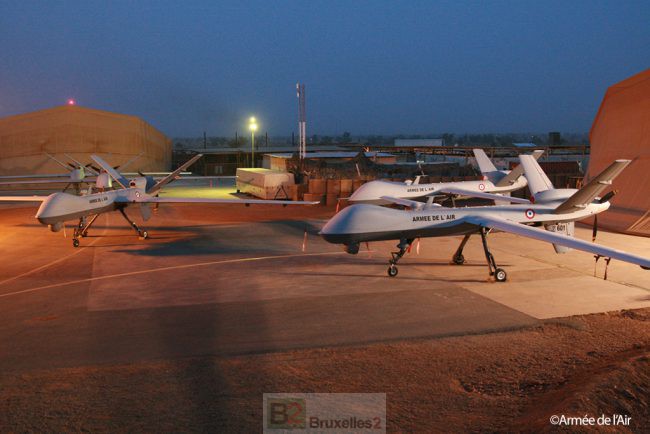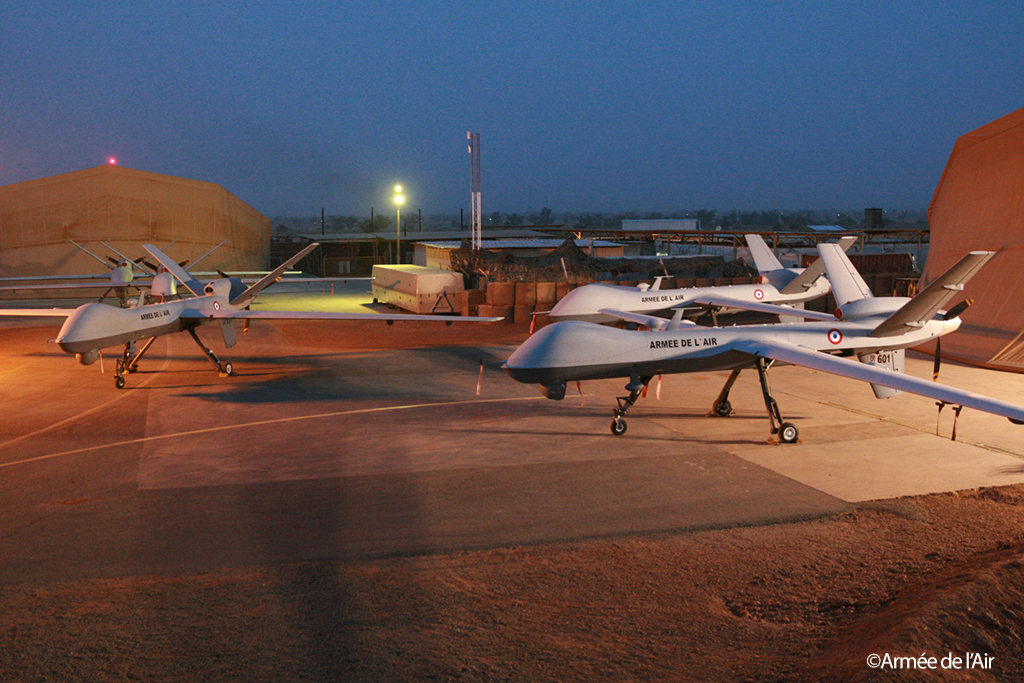A permanent structured cooperation more political than military?

(B2) Having closer cooperation in defense matters between European countries is an old project which could finally see the light of day, but at the cost of a certain distortion of the original spirit. Sometimes referred to by its political objective – “European Security and Defense Union” – or by its more legal terminology – “Permanent Structured Cooperation” – it is a real challenge today for Europeans that the French underestimate.
Saving magic is illusory
To believe, however, that such a grouping could give birth, by saving magic, to a common will where there are only scattered wills, runs the risk of being a dangerous illusion. This proposal should not be considered as an end in itself but rather as a process, at several levels.
Structured, political cooperation
Firstly, we would have a first core bringing together the most committed countries, in the medium and long term. This “Permanent Structured Cooperation” would not be a hard core, in the historical sense in which the French understand it, but a political, decision-making Union, a kind of defense Eurozone.
Strengthened cooperation and following the best practices
At the second level, there will be groupings of certain countries by capability project (cyber, maritime, intelligence, satellites, etc.) or by operational project (crisis response). It is not simply about optional modules, but about real project management, in an organised, political and financial way. A sort of ad hoc "enhanced cooperation" (a mechanism not provided for in the Treaty) (1).
An informal hard core
Some of his projects will have a "soft" side. Others will be tougher, such as the project led by France for a crisis response capability (CROC). In fact, the "hard core" of defense will be created within this enhanced cooperation, around certain projects: the future combat air system (plane or drone) and this CROC (led by the Franco-German couple, Italian and Spanish). These two projects, like the members that make it up, will in fact become the hard core of defense cooperation. Within the Cooperation there would thus be like a multi-speed PESCO. A process which may not be appealing from an intellectual point of view but was the only means found by the designers and negotiators of the PESCO to reconcile the necessary ambition and inclusiveness (1).
What is missing
To this system, which is in the process of being put in place (by the end of the year), one could imagine adding certain elements which could be useful for European defence.
Organize the vanguard
Firstly, it is necessary from the outset to allow the action of the “more daring”, to be able to carry out missions/operations and to act in the name of all; what is called in European jargon, article 44, from the name of the article of the Treaty, must be theorized, planned, so that the notion of operational avant-garde becomes, there, reality.
Invent financial systems
Second, funding is needed. The European Defense Fund proposed by the Commission covers the research and industrial component. It is not enough for the operational or acquisitions component. We must set up the Start-up Fund, a mechanism provided for by the Treaty that has never been implemented (for operations), or even a loan-assistance system for acquisitions, a sort of European FMS? or a trust funds to bring together national and European funds.
A political crisis response mechanism
Thirdly, we must reorganize European structures and have a political mechanism to react to the crisis. Because what is lacking in Europe are not really the means, it is the political level of anticipation and crisis management. This is to avoid repeating the error of signing the association treaty with Ukraine where, naively, the Europeans underestimated the possible Russian reaction. This presupposes having a sort of European Security Council, a European "cobra", bringing together according to the crises (terrorism, external threat, human catastrophe, etc.) the most appropriate European officials (read: Faced with terrorism, the European response too slow). It will also be necessary to provide the Commission with a defense task force capable of ensuring dialogue on all defense issues, such as the cabinet of the Vice-President/High Representative of a mini military cabinet (a defense attaché and his assistant). The question of putting in place assistants on defense and security policy, at a high political level, able, for example, to chair defense councils or the European Defense Agency on behalf of the High Representative must now be seriously examined.
Break the square of the circle
It is this combination – structured cooperation and hard core of PESCO, defense funds and start-up funds, European Security Council and DG Defense – which will be the strength of Europe's defense tomorrow. It is this organization which will make it possible to break the square of the circle of a Europe of defense which is too often declarative and not active enough.
(Nicolas Gros-Verheyde)
(1) "Enhanced cooperation" according to the Treaty requires finding nine countries, which can be a lot to carry out a "real" integration in an ambitious project.
(2) It may be recalled that although the criterion of inclusiveness is not expressly included in the criteria of the Treaty, the establishment of permanent structured cooperation requires a qualified majority, therefore of a large number of countries (at least 15).
Read our fact sheet: Permanent Structured Cooperation (PSC), explained
and the excellent survey produced for the European Parliament by F. Mauro and F. Santopinto (Grip) which provides a very interesting overview.
Read also:


